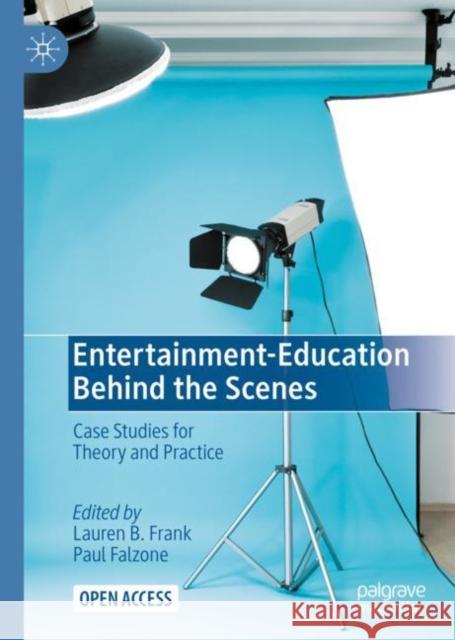Entertainment-Education Behind the Scenes: Case Studies for Theory and Practice » książka
topmenu
Entertainment-Education Behind the Scenes: Case Studies for Theory and Practice
ISBN-13: 9783030636135 / Angielski / Twarda / 2021 / 354 str.
Kategorie:
Kategorie BISAC:
Wydawca:
Springer Nature Switzerland AG
Język:
Angielski
ISBN-13:
9783030636135
Rok wydania:
2021
Wydanie:
2021
Ilość stron:
354
Waga:
0.60 kg
Wymiary:
21.01 x 14.81 x 2.24
Oprawa:
Twarda
Wolumenów:
01
Dodatkowe informacje:
Wydanie ilustrowane











